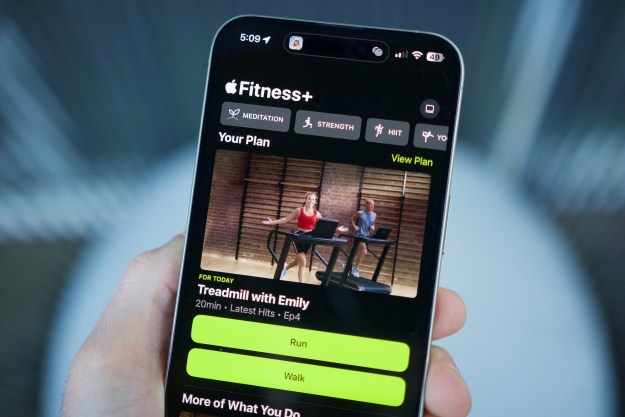
Since Americans learned in June of last year that the National Security Agency collects the telephone “metadata” of virtually every phone call within the United States, little has changed in what will soon be a year. One federal judge found that the Patriot Act-backed program almost certainly violates our Fourth Amendment rights, while another found (PDF) the practice legally sound. President Obama has offered minor efforts to reform metadata collection, while repeatedly reassuring Americans that “nobody is listening to the content of people’s phone calls.”
Meanwhile, an analysis by the nonprofit New America Foundation found that “bulk collection of American phone metadata has had no discernible impact on preventing acts of terrorism and only the most marginal of impacts on preventing terrorist-related activity.” And yet, the collection continues unabated.
“Bulk collection of American phone metadata has had no discernible impact on preventing acts of terrorism.”
The researchers rounded up a pool willing to install a specially-developed app called MetaPhone, which would give them an NSA-like view of calling habits. Using metadata – numbers called, time and duration of calls, unique serial number of devices used in calls, and sometimes the location of placed calls , the researchers were able to uncover a wealth of highly personal information about the callers.
“The degree of sensitivity among contacts took us aback,” write Jonathan Mayer and Patrick Mutchler, the researchers who conducted the study. “Participants had calls with Alcoholics Anonymous, gun stores, NARAL Pro-Choice, labor unions, divorce lawyers, sexually transmitted disease clinics, a Canadian import pharmacy, strip clubs, and much more. This was not a hypothetical parade of horribles. These were simple inferences, about real phone users, that could trivially be made on a large scale.”
In conclusion, write the researchers, “reasonable minds can disagree about the policy and legal constraints that should be imposed on [NSA] databases. The science, however, is clear: Phone metadata is highly sensitive.”

For those of you who’ve been paying attention to this issue for the past nine months, this is anything but surprising. Back in August, the American Civil Liberties Union challenged (PDF) the Obama administration’s assertion that metadata is not protected by the Fourth Amendment with comments from Ed Felten, a professor of computer science at Princeton University. As Felten wrote in his legal brief, “Telephony metadata can be extremely revealing, both at the level of individual calls and, especially, in the aggregate.”
To further his point, Felten provided the following example: “A young woman calls her gynecologist; then immediately calls her mother; then a man who, during the past few months, she had repeatedly spoken to on the telephone after 11 p.m.; followed by a call to a family planning center that also offers abortions. A likely storyline emerges that would not be as evident by examining the record of a single telephone call.”
“The science … is clear: Phone metadata is highly sensitive.”
While the ACLU lost its case against the Obama administration, the group continues to push its campaign for greater protection of all types of metadata – and we would all be wise to support it. That means writing and calling your representatives in Congress, writing and calling the White House, signing petitions, and otherwise voicing your opposition to what has become a truly 21st century privacy problem.
It may be true that you believe you have nothing to hide. Perhaps you’re OK with the government knowing vast details about your personal affairs. But many of us, myself included, do not. We know that data is forever, and the people with access to that data may not always be trustworthy – if, indeed, they are trustworthy now. We know that the technology to exploit that data is only getting more powerful by the day. And we believe that there are ways to protect all our safety without demolishing the freedom to live a private life. Do us all a favor, and don’t let this issue slide further back into our collective mind.
(Image credit Sidarta via Shutterstock.com)

